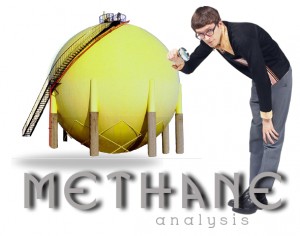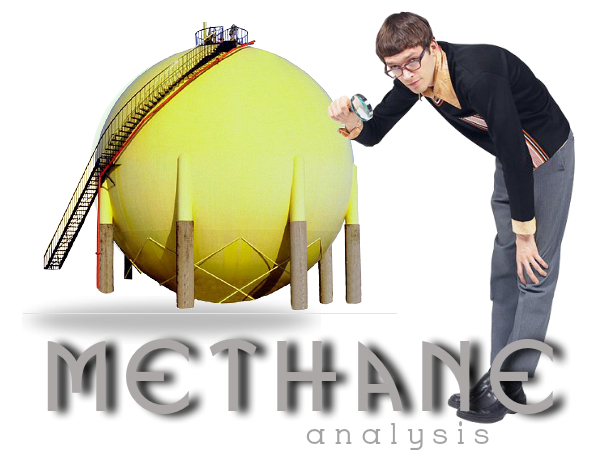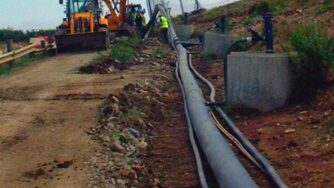 There are a number of “standard” landfill gas analysis reports which provide tables showing the amount of methane, and other main constituents of landfill gas such as carbon dioxide and these usually also include data for hydrogen sulphide and carbon monoxide. They also frequently list the “trace chemicals” which have been found in the gas. However, it is important to note that these landfill gas analyses are usually the result of baseline studies, and funded by governments and environmental regulators, and have been undertaken in order to assess the potential for environmental impacts from the trace substances found.
There are a number of “standard” landfill gas analysis reports which provide tables showing the amount of methane, and other main constituents of landfill gas such as carbon dioxide and these usually also include data for hydrogen sulphide and carbon monoxide. They also frequently list the “trace chemicals” which have been found in the gas. However, it is important to note that these landfill gas analyses are usually the result of baseline studies, and funded by governments and environmental regulators, and have been undertaken in order to assess the potential for environmental impacts from the trace substances found.
The landfill gas analysis for any individual landfill site at any time will vary, and the emissions produced in terms of the environmental impact of the emission of the gas itself, and of the gas emitted after flaring, will vary. There will be occasions when a landfill operator/ landfill gas extraction system designer will need to obtain a site specific landfill gas analysis. This will be particularly important where a landfill has accepted certain hazardous wastes, as the data available on the web is normally from municipal solid waste landfills, accepting household wastes and possibly also industrial and commercial non-hazardous waste.
Another case where a site specific landfill gas analysis may be needed is in assessing the need or otherwise for measures to remove siloxanes in the landfill gas, which is found above a certain concentration as a trace contaminant in landfill gas may require the inclusion of siloxane scrubbing and filtering equipment which can add substantially to the capital cost of installing a gas engine to produce electricity for Energy from Waste (EfW)/ landfill gas to energy (LFGtE) plants.
Baseline Emission Landfill Gas Analysis Determination from Landfill Gas Collection Pipeline Samples
Many environmental regulators base their landfill gas emissions policy on what are known as “baseline emissions” studies in which a large number of samples are taken from a range of landfills and a landfill gas analysis is then carried out to show the variability of the “landfill gas quality source-term”. Using this data allows the regulatory authorities to accomplish their mission which is to protect public health and the environment, from all potential impacts.
Baseline emissions were undertaken and assessed during the 1990s in the UK under government funded work. Large numbers of landfill gas collection pipeline samples were analysed, and the resulting list of the substances found in significant quantities is known as the “landfill gas source-term”.
The source-term of trace compounds is discussed here, for all those interested in baseline emissions determination from landfill gas collection pipeline samples.




